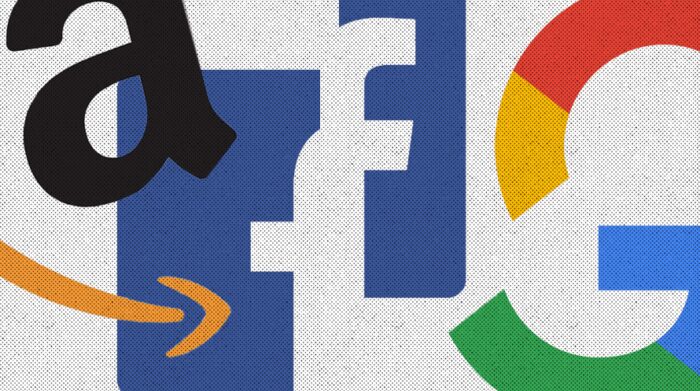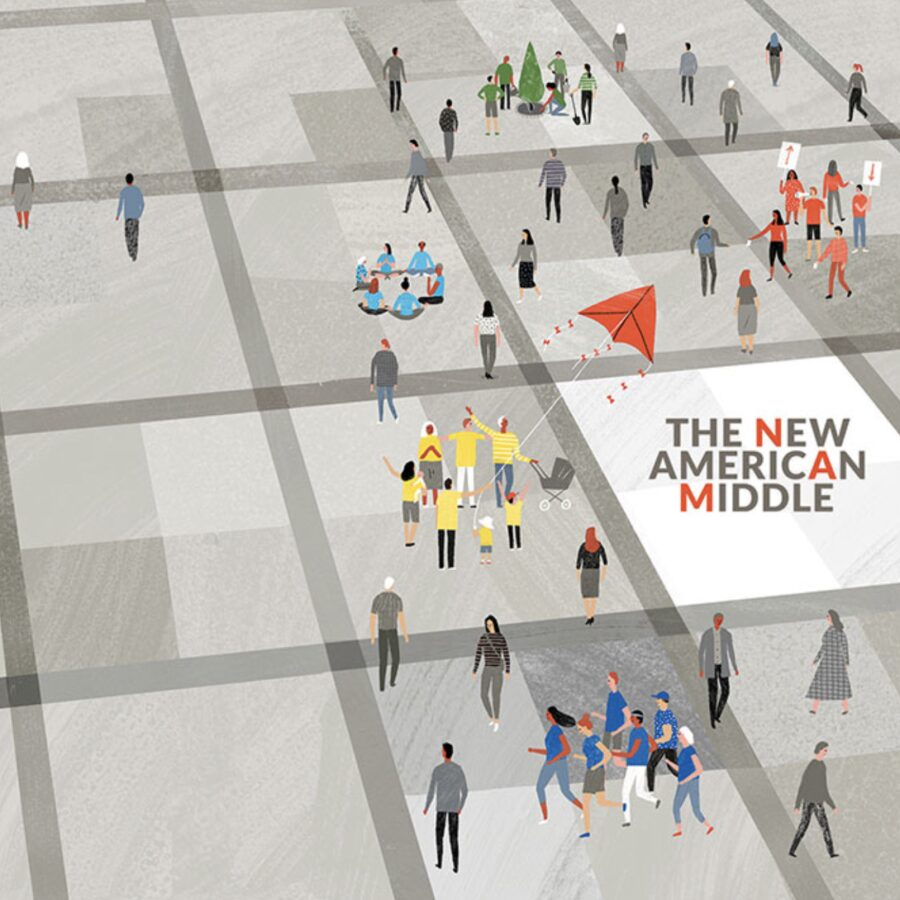As data privacy issues continue to spiral out of control, there’s a call for regulation to protect user privacy.
An earthquake could soon shake the marketing landscape. If you listen to many of the 2020 presidential candidates, concerns about privacy, and the potentially damaging effects of social media and search engines on democracy, could lead to the breakup of big tech.
While this outcome may seem far-fetched, it’s worth remembering that in the late 19thand early 20thcentury, successive presidents came together with congress to pass antitrust legislation that fractured a company perhaps even more powerful than Google or Facebook: Standard Oil.Today, you only need to look across the pond at the war European governments are waging against big tech to understand where the battle lines might be drawn here in America.
So what would marketing look like in this potential future? And how should companies and brands prepare for the possibility?
How to Break Up Big Tech
First of all, even if the government got up the nerve to pursue antitrust lawsuits against big tech—and we’re talking mostly about Google, Facebook, and Amazon—there is no guarantee they would be successful. We only have to look back at the government’s previous failed attempts to breakup perceived tech monopolies: the lawsuit against IBM that was filed in 1969 and ended without resolution in the 1980s, and the one against Microsoft that began in the 1990s but dragged into the 2000s. Both cases were eventually dropped after years of courtroom battles, and after millions of taxpayer dollars spent.







